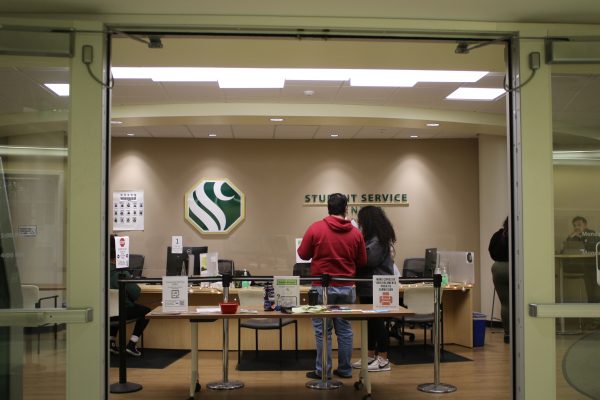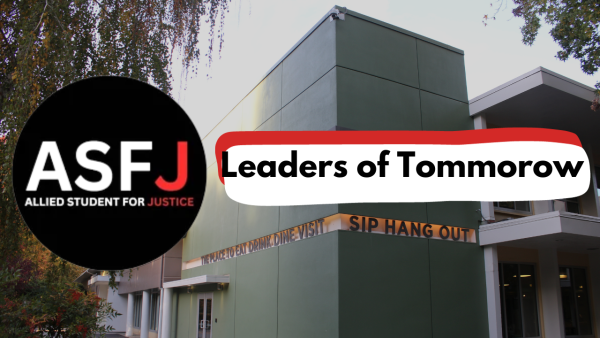Statistics classes mean better math skills for college students
December 5, 2012
Sacramento State students’ math scores have improved since last year because of two new math courses which help incoming freshmen understand math at a slower pace and meet the general education math requirement.
The new courses are Statistics 96 A and B, which focus on introductory statistics and lectures are taught at a slow pace for students to understand. The Statistics Pathways pilot project, formed by the Carnegie Foundation for the Advancement of Teaching, created the courses to improve students’ math skills.
Associate professor for the department of mathematics and statistics Coskun Cetin said the pilot project was originally created to help community college students take the required math courses before they transfer to four-year colleges; however, a few CSU campuses including Sac State decided to teach Stat 96 A and B.
Cetin said the new course is intended for incoming freshman who scored 44 to 48 on the Entry Level Mathematics test, which is close to the passing score of 50. Students can enroll in Stat 96 A their first semester and Stat 96 B during their second.
“Passing this course during their first year not only provides them with more confidence, but also prepares them for the relevant courses in their majors with an emphasis on data analysis or research methods,” Cetin said.
Cetin said students who take Stat 96 A and B will not have to take all the remedial math courses, and the Intermediate Algebra Diagnostic test.
“By completing Stat 96 A, they satisfy the remediation requirement so they don’t have to take the ELM test either, Cetin said.
“After successful completion of Stat 96 B, they earn college credit and satisfy their GE Area B4 requirement”
Cetin said students who need to fulfill the general education math requirement can take the courses but they need to visit the mathematics department for enrollment approval.
In the course, students will not need to memorize formulas or complicated algebra rules but will still learn the fundamental concepts and learn how to use them for statistical applications.
“In Stat 96, the students learn the statistical concepts in a slower pace, which involves a shorter lecture component, online material and activities, group discussions, work and a balanced use of the mathematical expressions and the technology,” Cetin said.
Although this is the second year Sac State has been part of the Statistics Pathway project, Cetin said students who enrolled in the math course last year were successful in completing the course and continuing their classes for their majors.
“Last year, close to 80 percent of the students who started part A and stayed in the course passed part B successfully and continued in their majors smoothly,” Cetin said. “This is really exciting since they didn’t have to take all those math courses and try the diagnostic tests to clear their remediation and GE requirement.”
Cetin said this new statistics course saves money for both students and the math department.
“The math department (and) university don’t have to worry about the Intermediate Algebra Diagnostic test arrangements, LS courses or STAT I sections for these students when they successfully complete the year long sequence,” Cetin said. “The students spend less time to complete (the math requirement) and less money on the tuition, books, (and) online homework.”
Dietetics senior Stefanie Chappelle said it would have been helpful if Stat 96 A and B were available sooner.
Chappelle said the math course she took a math course as a freshman in 2009 and it did not help her improve her math skills.
“I took LS 10A, elementary algebra with geometry, and it did not help me because it was too easy,” Chappelle said.
Chappelle said she also had to take other math classes to fulfill the GE math requirements, and Stats 96 A and B would have saved her time and helped her improve her math skills.
Cetin said Stat 96 A and B has improved the math skills of students who have taken the course.
“Results are not comparable since they were not statistically controlled experiments however, there is evidence that the students’ math (and) algebra skills improved significantly after the completion of the course,” Cetin said.
Leticia Lopez can be reached at [email protected]








































































































































